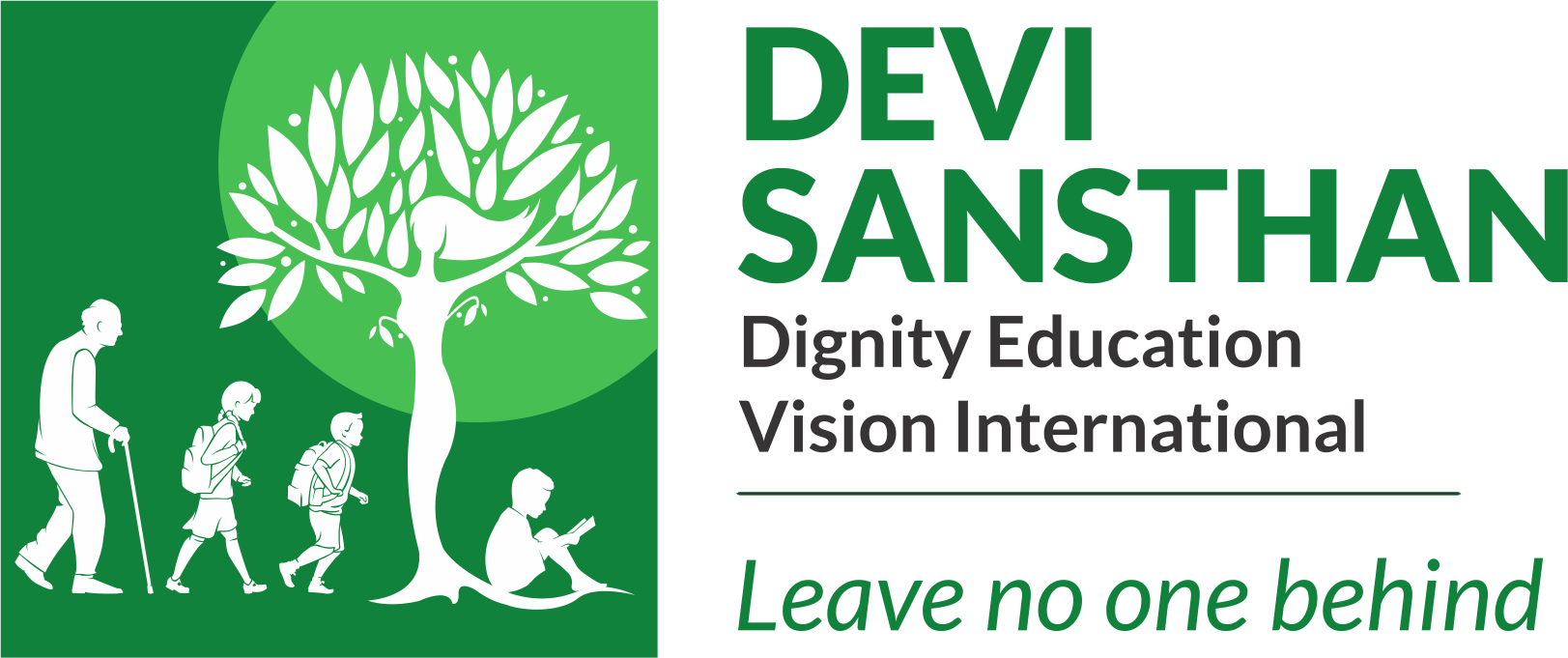Literacy: Path to SDGs
world leaders conclave
an online event Upcoming




Literacy is a key factor in achieving economic and social development, as it is associated with higher earnings and better employment opportunities. Literacy also has a positive impact on health and social participation, as well as on women's empowerment and gender equality." ~ UNESCO
concept note
Literacy is not just about reading and writing; it's a foundational skill that amplifies the impact of efforts across all SDGs. When individuals are literate, they have a platform from which they can leap into a range of other developmental areas, giving a true "liftoff" to the broader SDG agenda.
The role of literacy in propelling the Sustainable Development Goals (SDGs) forward is multifaceted. Here are several points on how literacy gives the SDGs a liftoff:
Health and Well-being
Being literate allows individuals to better understand health information, fostering good health and well-being (SDG 3). This includes understanding basic health practices, reproductive health, and nutrition.
Peace and Justice
Literacy promotes critical thinking and a better understanding of civic duties, which leads to peaceful societies and supports strong institutions (SDG 16).
Lifelong Learning
Literacy lays the foundation for further learning and skill acquisition, ensuring inclusive and equitable quality education (SDG 4) and fostering a culture of lifelong learning.
Technological Advancements
In an increasingly digital age, literacy (including digital literacy) enables people to access technology and innovation, supporting industry, innovation, and infrastructure (SDG 9).
Informed Decision-making
Literate individuals can make informed decisions about their local communities, supporting sustainable cities and communities (SDG 11).
Global Citizenship
Literacy equips individuals with the tools to understand global challenges and interdependencies, fostering a sense of global responsibility and partnership for the goals (SDG 17).
Social Inclusion
Literacy breaks down barriers, allowing for greater social inclusion, tolerance, and understanding among diverse groups, thereby supporting reduced inequalities (SDG 10).
Civic Participation
Literate citizens are more likely to engage in the democratic process, advocate for their rights, and hold their governments accountable, bolstering just, peaceful, and inclusive societies (SDG 16).
reading wars

Whole Language and Phonics
Historically, there are two broad ways to learn reading: Whole Language and Phonics. The vast majority of the world still uses whole language even though research has shown phonics works better. There are many reading wars and strong proponents of different reading programs. Regardless, most methods typically take three to five years of schooling, and even after that, many children are not proficient in reading.

A Third Way-ALfA
A new approach, Accelerating Learning for All, is now freely available in 30 languages. It utilizes a known-tounknown teaching methodology. ALfA has proven that it's feasible to teach individuals to read within 45 days and attain full FLN proficiency within 90 days, with just one daily session (or even in just 45 days with two sessions per day).

A Paradigm Shift
The revolutionary ALfA goes beyond traditional education by not only improving reading, writing, and math skills, but also cultivates the 6C Skills essential for the 21st Century, and addresses global challenges such as climate change, peace, and global citizenship all at once. Children work in pairs, which develops their cooperation and communication skills, while creative hands-on activities boost their critical thinking.

Arabic
Bangladeshi
Dhivehi*
Dutch
English
Filipino
French
Nepalese
Serbian
Shona
Twi
Urdu
Yoruba
Spanish
Swahili
Portuguese*
Persian*
Somalian*

Assamese
Bengali
Gujarati
Hindi
Kannada
Konkani*
Maithili
Marathi
Mizo
Odia
Punjabi
Tamil
Telugu
* in process
ALfA Implementation










































